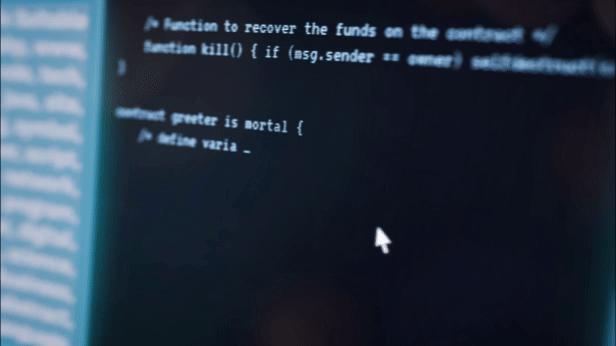Blog
ISO 20022 messages: Impact, adoption and strategy

ISO 20022 messages are catching the attention of every industry. Many large financial institutions, user communities, and financial infrastructures have incorporated this new messaging language for their payments, FX, and securities businesses. Other existing standards are now being mapped to ISO 20022 as cross-border payments and reporting traffic shall have migrated to the ISO 20022 format, and categories 1, 2, and 9 of MT messages will be retired by November 2025. The ISO 20022 messages are categorized into various business domains. The ECS Fin ISO 20022 roadmap encompasses all the domains- Payments, Securities, Trade Services, and Foreign Exchange.
Reduced costs via enhanced automation
Quicker adoption of new messages
Heightened reliability for both internal and external communications
As financial institutions and corporations increasingly gravitate towards a global standard for message-based communication, disruptions within the transaction processing space appear inevitable. At ECS, we firmly believe that adopting ISO 20022 messages need not be a disruptive force. An enterprise’s legacy systems and business processes should remain unaffected by changes in languages and protocols governing information exchange with customers, service providers, counterparts, and all other stakeholders.

Use of ISO 20022 in the Payments Domain
The Payments domain has been at the forefront of ISO 20022 adoption and has quickly become the messaging standard for modern payment systems. This new standard offers a more comprehensive image and structure data model, making communication easier for different payment infrastructures. For instance, ISO 20022 is packed with all the structured data details informing the transaction details in depth, such as the payment type, its purpose, and associated fees or charges.
The detailed description aids involved parties to gain access to insights about payment data into the behaviours and customers’ choices since a more complete and accurate picture leads to more effective and efficient screening, compliance, and anti-money laundering (AML) processes. With ISO 20022, financial institutions can communicate with each other using a common data language, making it easier to conduct cross-border transactions. The transition necessitates the migration of such traffic to the corresponding ISO 20022 equivalents.
Securities clearing and settlement and corporate actions

In recent years, there has been a surge in the establishment of new global and regional market infrastructures (MIs) aimed at facilitating the clearing and settlement processes for securities and various instruments. Several prominent entities, including T2S (TARGET2-Securities), the US Depository Trust and Clearing Corporation (DTCC), China Central Securities Depositary and Clearing Co. (CCDC), JASDEC (the Japanese Central Securities Depository), and the more recent addition of the Euro Collateral Management System (ECMS), have opted for the adoption of ISO 20022. In cases where specific business functions of these MIs required addressing, new ISO 20022 messages have been developed. To ensure preparedness, numerous stakeholders involved in these market infrastructure projects are planning to implement ISO 20022 messages well before the scheduled live dates of the MIs.
A short case study in light of recent developments:
The IMS ISO 20022 Translator from ECS Fin offers Malaysia Building Society Berhad (MBSB Bank), a prominent financial institution in Malaysia, a streamlined path to Swift and RENTAS Network amid the financial industry’s shift towards ISO 20022 messaging standards. Recognized for its extensive range of banking and financial services, MBSB Bank has embraced ECS Fin’s IMS ISO 20022 Translator to align with Swift and Bank Negara Malaysia (BNM) requirements for exchanging messages in ISO 20022 standards, encompassing both cross-border and domestic payments.
Despite the perceived challenges associated with migrating to ISO 20022 standards, ECS Fin’s transaction processing approach facilitates a smooth transition with minimal effort. Leveraging the IMS ISO 20022 Transformation Tool, MBSB Bank achieved ISO 20022 compliance in May 2023. This transition has enabled the bank to capitalize on new value-added opportunities while ensuring compliance with regulatory mandates—achieved with minimal disruptions to existing business practices and infrastructure.
Conclusion
While adopting ISO 20022 may represent a significant initiative for organizations relying on traditional data transfer and information tools, ECS streamlines the process for its customers. For them, it’s simply configuring a preference setting, dynamically assigned to every counterparty’s credentials.
Don’t miss the opportunity to stay up to date with the latest industry trends.



